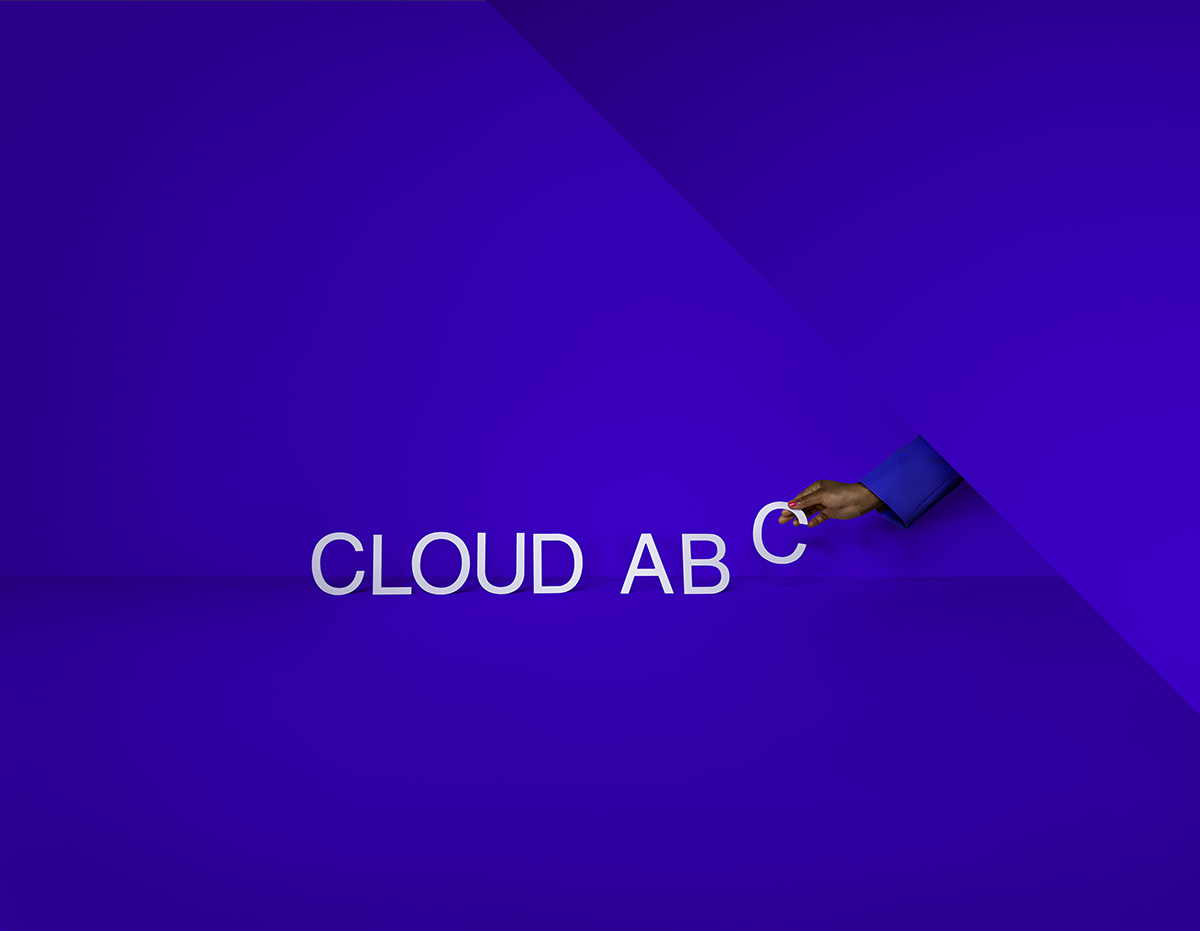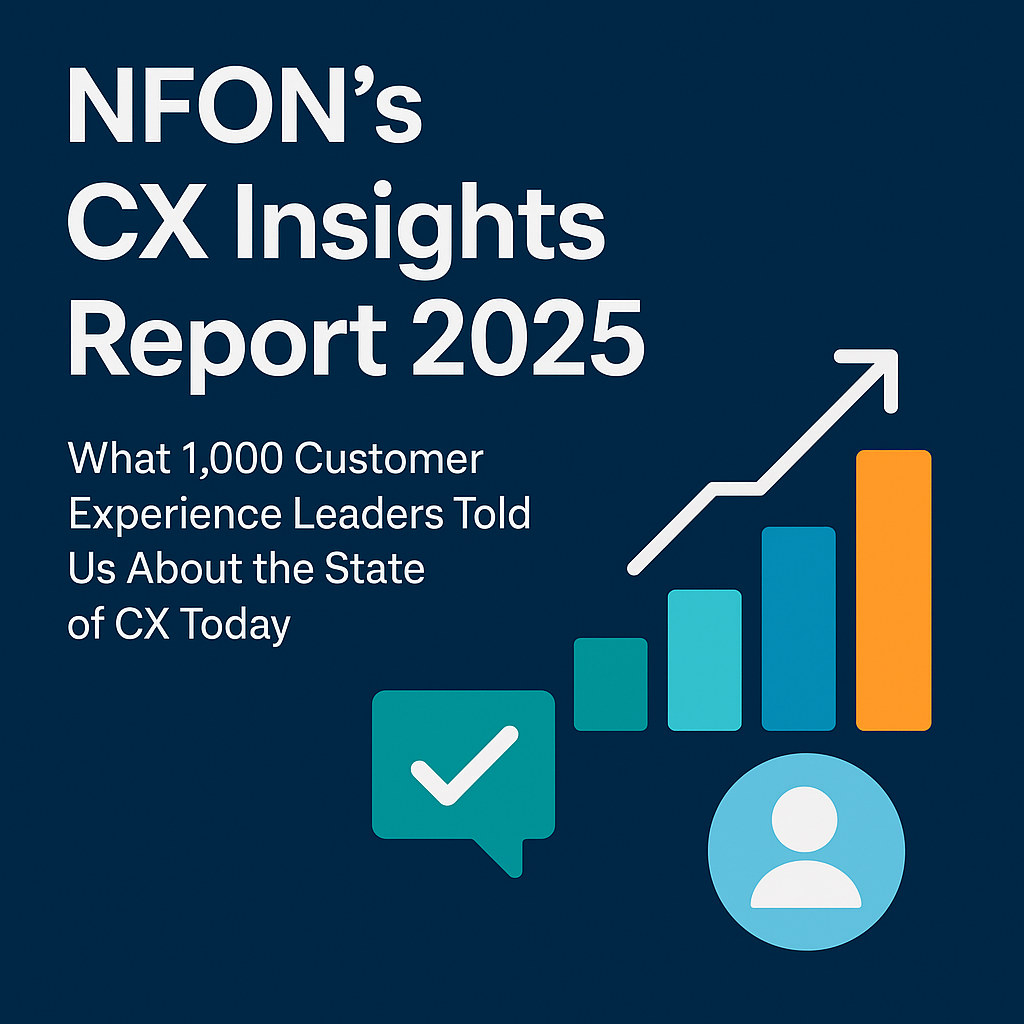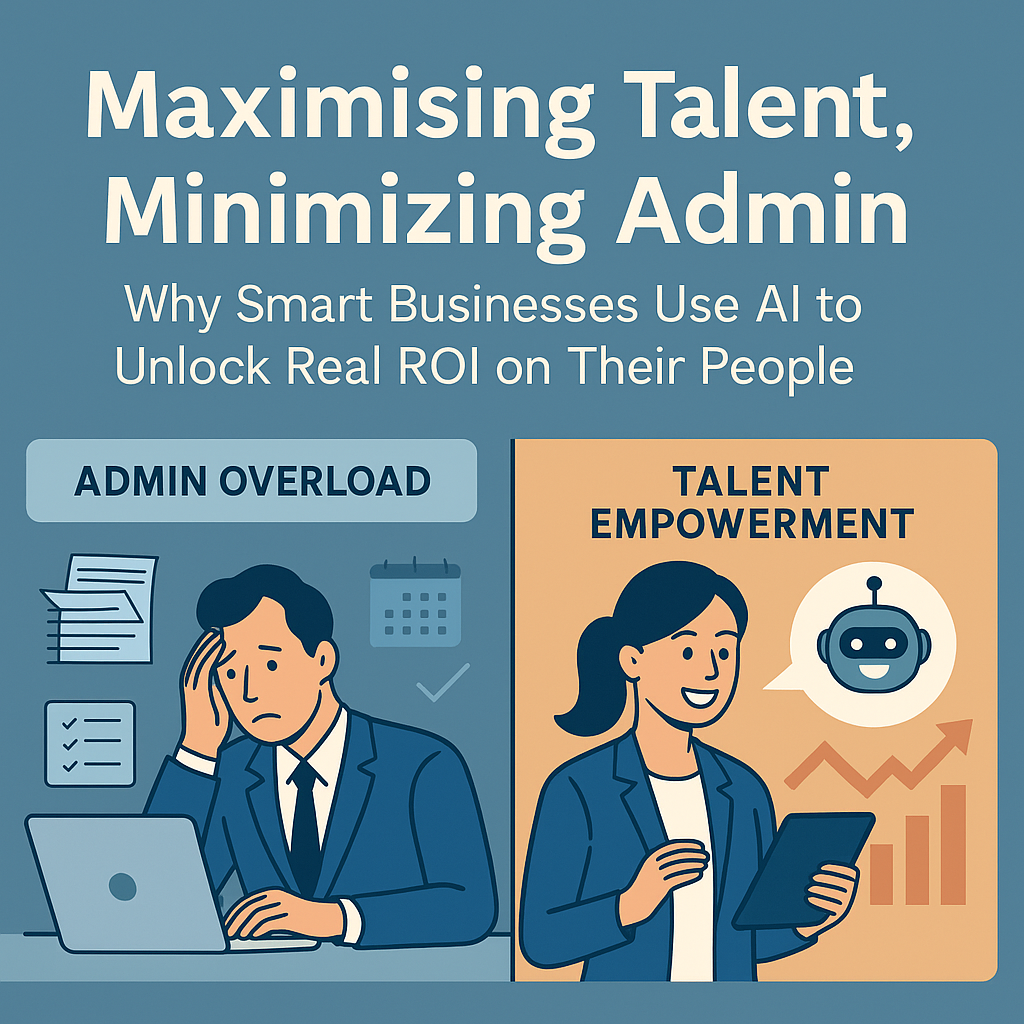Looking to find out how your business can thrive as an NFON partner? Find out all you need to know about channel sales.
Contents
- Channel Sales 101: an introduction
- Channel Sales: The State of Play
- The different types of channel sales partnerships
- What are the benefits of channel Sales?
- What to look for in an ideal channel partner
- Channel Sales for partners: the key takeaway points
Channel Sales 101: an introduction
So, you’re interested in potentially becoming a ‘channel partner’ for a vendor or parent organisation? Hopefully you've made your way here because you want to specifically become a partner selling business communication solutions (also know as VoIP and UCaaS).Whether you’re already familiar with what channel selling entails, and want to learn more about your options, or the term is a completely new addition to your vocabulary, we’ve created this resource to give you as comprehensive a guide as possible.
Most of the information out there is aimed at the vendors and parent companies themselves, to help them multiply their growth and exponentially raise their profit margins.
So we thought we’d take a different approach, and focus on supporting the needs of aspiring channel sellers themselves.
We’re going to start by explaining everything you need to know from the ground up.
So you have all the information you need to make an informed decision regarding your channel selling aspirations.
Just what exactly does ‘Channel Sales’ mean?
Leading technology consulting firm Gartner defines Channel Sales as…“The indirect sales channel that a business-to-business (B2B) sales organisation uses to go to market.”
This definition certainly isn’t incorrect, but it doesn’t exactly make the whole dynamic easy to picture.
What does this actually mean in real terms? What does this look like?
Allow us to explain.
The key word to focus on in Gartner’s definition is indirect.
When we imagine a traditional sales dynamic – where a company sells a product that they make straight to an end customer – that’s direct sales.
The reason is, as the name implies, that there is no intermediary or middleman to speak of in this relationship.
The vendor and the customer are in direct contact with one another, and the vendor has complete ownership of the business relationship in question.
Channel sales on the other hand is indirect sales – which means there is an intermediary involved in completing the process.
That intermediary is the channel partner.
A channel partner: in basic terms
A channel partner is an organisation that is contractually enabled to market, sell, distribute, implement, or otherwise deal with the products or services of another company on its behalf, in NFON's case our partners sell our range of business communication solutions.So if direct sales involves Company A selling to a Customer, channel sales involves Company B selling Company A’s products or solutions to that Customer.
Company B may also manage the relationship with the customer, and oversee the sales process.
Channel sales can take many different forms. But we’ll dig into that shortly.
First, let’s contextualise how widespread channel selling is, current attitudes towards it, and how it is proving to be of benefit to more and more businesses.
Channel Sales: The State of Play
In today’s crowded UCaaS landscape, channel sales represent a significant driver of revenue for many successful organisations.According to Forrester, 75% of the world’s commerce consists of sales made via channel partnerships.
The world of business communications & VoIP channel sales is rich with opportunity. And that means organisations looking to sell, distribute or implement the products and services of other businesses can hope to reap significant benefits.
Recent findings from DemandGen’s 2022 Channel Partner Benchmark Survey suggest there is a bright future ahead for the world of channel sales, especially for the sellers themselves...
Execs are confident in the money-making ability of channel sales
DemandGen’s Benchmark Survey concluded that most B2B executives are confident in channel sales as a reliable route to market.
Despite the fact that many respondents in the survey claimed their own partner programs to be falling short in terms of efficacy, these same business leaders anticipate channel partners will bring in higher levels of revenue in the months and years to come.
As such, leaders and other influential voices in sales strategy are focusing more on their channel partners than before, and investing in them to help expand their sales efforts.
B2B leaders are increasing their channel partners
More than 80% of business leaders have stated they will increase the number of channel partners in their network – and over 25% of them will look to do so ‘significantly’.
Meanwhile, 66% of B2B leaders anticipate more than 11% gain in revenue will be attributable to channel partners.
Channel partners are receiving more investment…
Around 70% of those surveyed in the DemandGen report stated plans to increase their financial investments in channel partner support.
…and other resources too
More than 40% plan to upgrade solutions supporting the training and learning of the channel partners in their ecosystem.
Overall, the data appears to suggest that channel selling is in a healthy state.
Organisations looking to engage in reselling, marketing or distributing products and services can expect greater demand, greater investment, and greater access to resources designed to support sales enablement.
The different types of channel sales partnerships
Channel sales dynamics come in all different shapes and sizes.
Different forms of channel support can be suited to different businesses depending on their size and structure, as well as their level of market maturity.
Here are some of the most common kinds of channel sales partnerships, and how they work…
Distributors
Distributors act as the middlemen between the company they are selling for, and the end customer. Typically in this set up, the distributor earns a percentage share of each sale.
Resellers
Resellers purchase products from a parent company, then sell them on for profit. While customers purchase the product directly from the reseller, the input of the parent company may still be required to source and fulfil the order, depending on what is being sold.
Affiliates
Like distributors, affiliates are paid a percentage share of each sale they are responsible for. But rather than distributing an end product, their focus is to market or promote it – usually by applying marketing expertise or leveraging a position of influence.
Value-added providers (VAPs)
Also referred to as value-added resellers, VAPs typically work with technology, and bundle products together to be sold as a package deal, thus adding value. An example could be selling one company’s hardware, with the software of another pre-installed on it.
Independent retailers
An independent retailer is a business owner that sources products from a supplier, and then sells them to customers, without being tied to a major brand or franchise.
Dealers
Unlike other forms of indirect sales which involve a range of products and services, dealers are licensed to sell (and specialise in selling) one specific type of product or service.
Consultants
Consultants tend to be paid directly by a parent company, and are hired to support the creation and management of sales channels. Their job is usually to structure and connect the sales journey to ensure smoother delivery of a product or service to the end customer.
Agents
Agents are intermediaries who support and oversee processes of sales and negotiation, but have no ownership over the products and services they’re selling. For example, an estate agent or contact centre agent.
What are the benefits of channel sales?
When a channel partner relationship works well, it can present enormous benefits to both seller and vendor alike.
Here, we’ll break down some of the main potential benefits for each party.
For vendors…
The number one reason vendors look to set up a channel partner program is to multiply their sales and product distribution.Scaling up is one of the biggest challenges a business owner can face – requiring a significant amount of planning and sustained overall effort.
By leveraging the resources and position of an external partner, channel sales allows vendors to bypass many of the challenges that come with scaling up, and ramp up their sales capacity in a much more streamlined and time-efficient way.
Expanded reach
With this scalability also comes the ability to reach lots more customers.
Expanding into new markets and territories can be incredibly difficult, and done the usual way, takes a long time to start delivering returns.
By partnering with a channel seller who already has a strong position in a particular industry or region, vendors can look to break new ground and immediately start making sales, without all of the usual operational hurdles that such an expansion would bring.
Outsourced customer success
Vendors with complex technical solutions often require their employees to train and onboard customers after the completion of a sale, and provide support with other things like implementation.
By training a channel sales partner to perform these customer success activities, vendors can instantly free up more time for their employees, allowing them to put more effort into activities that drive profit.
Reduced costs
By reducing the costs that would traditionally be associated with increasing headcount, expanding into new markets and regions, and managing customer success internally, channel selling can significantly reduce the cost of acquisition.
And that’s still with commissions and channel partner remuneration taken into account.
The chance to experiment
Often for businesses, testing out new things brings the possibility of increased cost, and increased risk – hardly an attractive combination.
Channel selling can allow vendors to experiment with new product or service packages, marketing techniques, and sales approaches, and do so in a relatively low-risk setting, with a much more favourable cost-to-benefit ratio.
For channel partners…
More value for the end customerMany channel partnership programs allow you to sell on or distribute high-end solutions for competitive or discounted partnership prices – giving end customers and clients more of an incentive to come to you.
Channel sellers that have the opportunity or ability to ‘stack’ different solutions to offer readymade solutions, in particular, can provide significant value.
The chance to enter challenging markets
Just as vendors can benefit from a channel partner’s established position in a particular industry or vertical, many channel partners can benefit by reselling solutions from vendors who operate in particularly competitive or complex markets.
Normally, the effort and cost required to make an impact in markets like these is staggering.
But by entering into the right channel partner ecosystem, resellers can get plugged directly into these busy markets, and start selling right away.
Added credibility
This is particularly of benefit to sellers who are just starting out. A partnership with a reputable vendor is a strong endorsement for young brands.
Not to mention it can also help them overcome one of the most difficult tasks that new sellers face – earning customer trust.
Channel sellers can automatically benefit from their parent organisation’s established brand reputation and presence, as it adds a newfound reliability to their offering, which helps those uncertain customers feel reassured.
Access to more resources
Being connected to a reputable, experienced vendor and a wider sales community of partner sellers can provide enormous value.
A good channel sales program will provide channel partners with ready-made resources – assets that support your sales, marketing and lead generation efforts.
Other additional benefits can include the expansion of your available distribution channels, and access to a wealth of knowledge and experience, whether that be technical, industry-related or product-focused.
What to look for in an ideal partnership
There are no doubt some huge benefits available to channel partners entering into the ecosystem of a larger parent company.
But ultimately, whether or not these benefits can be realised rests largely on one thing: the right partner relationship.
While parent companies themselves need to conduct thorough due diligence, and ensure they recruit channel partners that are the right fit for their partner program, the reverse is also true.
Aspiring channel sellers must be similarly thorough and look to choose their channel partners wisely.
From our perspective, these are the things that we believe make a parent company or vendor that is worth partnering with…
Multiple revenue opportunities
A strong channel partner program should empower its sellers. One significant way it can do this is by offering multiple potential streams of revenue.
They might for example have the option of selling a higher-ticket premium item, or value-added products that can be upsold alongside their core offering, or perhaps a scheme that allows you to earn more by offering training and support to end customers.
Exclusive pricing
If you’re acting as an intermediary for a parent company, they should offer you a pricing structure that enables you to achieve the best possible margins on their products.
A choice of business model
This one is particularly helpful if you’re a newcomer to your market.
If you feel like you’re being pushed in a very specific direction, and the boundaries of your channel partner program are too rigid, it might be a red flag.
A trustworthy vendor will give you the freedom to choose the selling model that’s right for you. After all, that’s how you’ll both yield the best possible results.
Dedicated support
Crossbeam’s 2022 State of the Partner Ecosystem report revealed that over 50% of channel partners switched companies last year.
Indirect sales is one of the most valuable things you can offer to a vendor – and a good vendor will recognise and reward the value you bring.
They should be attentive, proactive, and easily contactable – whether that means regularly checking in with you over email, or picking up the phone at short notice.
Look to partner with a parent company that offers a dedicated account manager to channel partners. It’s always comforting to have a specific person to turn to in times of need.
Marketing and business development
As mentioned above, it’s standard for vendors to offer marketing, lead generation and business development support to their channel sellers.
This will usually come in the form of market development funds (more commonly known as MDF) and high-value marketing materials, such as…
- Pre-made marketing campaigns (sometimes referred to as a “campaign in a box”)
- Sales collateral and assets
- Social media content and assets
- Research and statistics
The best partner programs will allow you not just access to these resources (which is usually made accessible via a self-service portal) but also one-to-one support on strategy and promotion, to help get the most out of them.
Training
Is what you’re looking to sell a fairly technical product or service? Make sure your vendor offers full technical training for all of their solutions.
The best channel partners will offer assets that support you on the sales side of things too, so if an end customer has a question, you always have the right answer at your fingertips.
Most channel partners enable you to complete technical training at your own convenience, using an online partner portal.
Other incentives
A good vendor recognises that cash isn’t the only incentive there is.
Like any professional partnership, a channel partnership works best when it’s built on genuine human bonds.
The best channel partner programmes provide other incentives. Ones that appeal to your sales team as individuals, and are more culturally or emotionally enriching.
Channel Sales for partners: the key takeaway points
● Channel sales refers to a process whereby an intermediary – or channel partner – markets, sells, distributes, implement, or otherwise deals with the products or services of another company (parent company or vendor) on its behalf.
● Recent findings suggest that the world of channel sales is rich with opportunity – more business leaders are taking on channel partners and increasing their channel selling spend.
● There are many different types of channel partnership, the dynamics of which will be suited to different businesses depending on their size, structure, specialism, and level of market maturity.
● Channel partnerships can present enormous benefits to both seller and vendor alike. While vendors can enjoy expanded reach, scalability, and reduced cost of acquisition, channel partners can deliver more value to their customers, enter challenging markets, access more resources, and gain added credibility.
● Success in channel sales requires a strong vendor-partner relationship. Aspiring channel partners should conduct their due diligence, and thoroughly assess the different partnerships available to them before committing to a decision.
Interested in selling solutions built by Europe’s leading cloud communications provider? Find out more about how we support you every step of the way.









